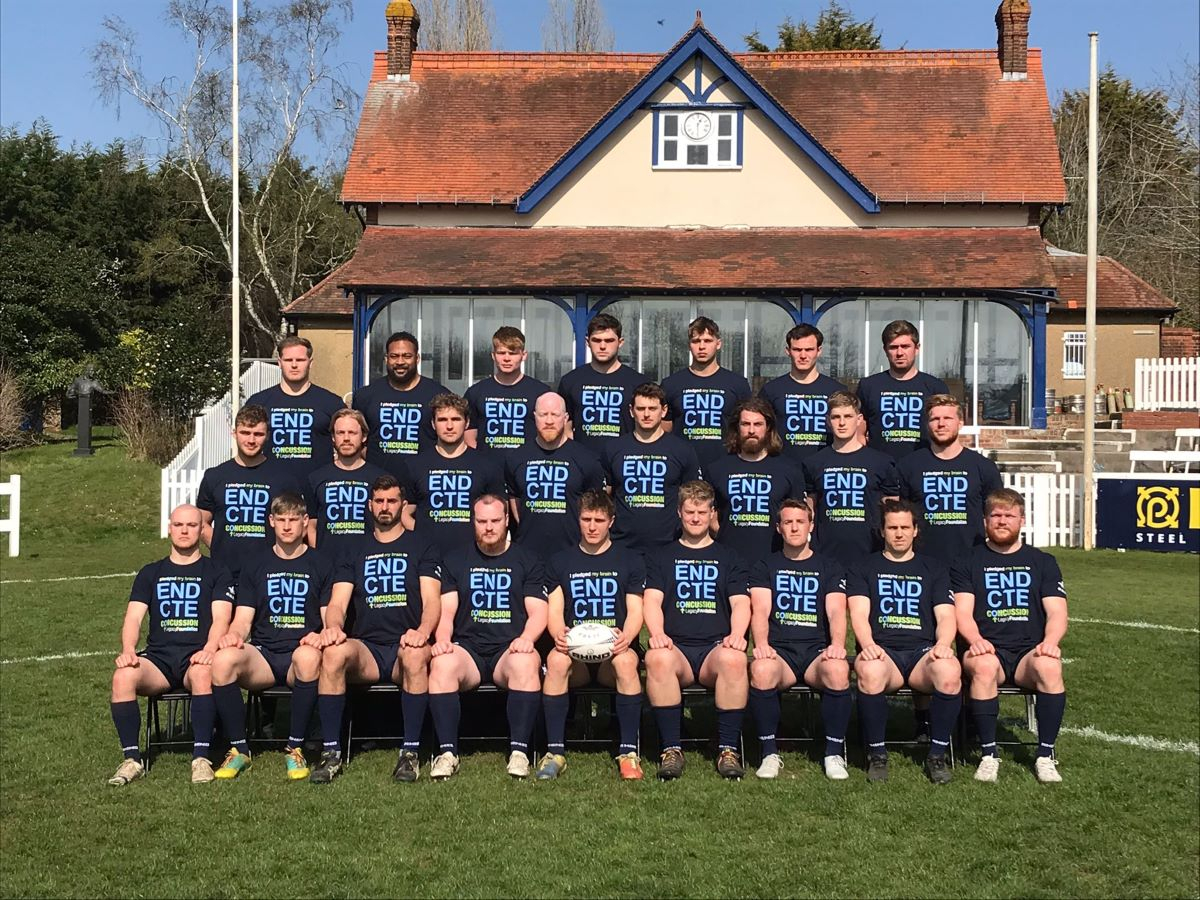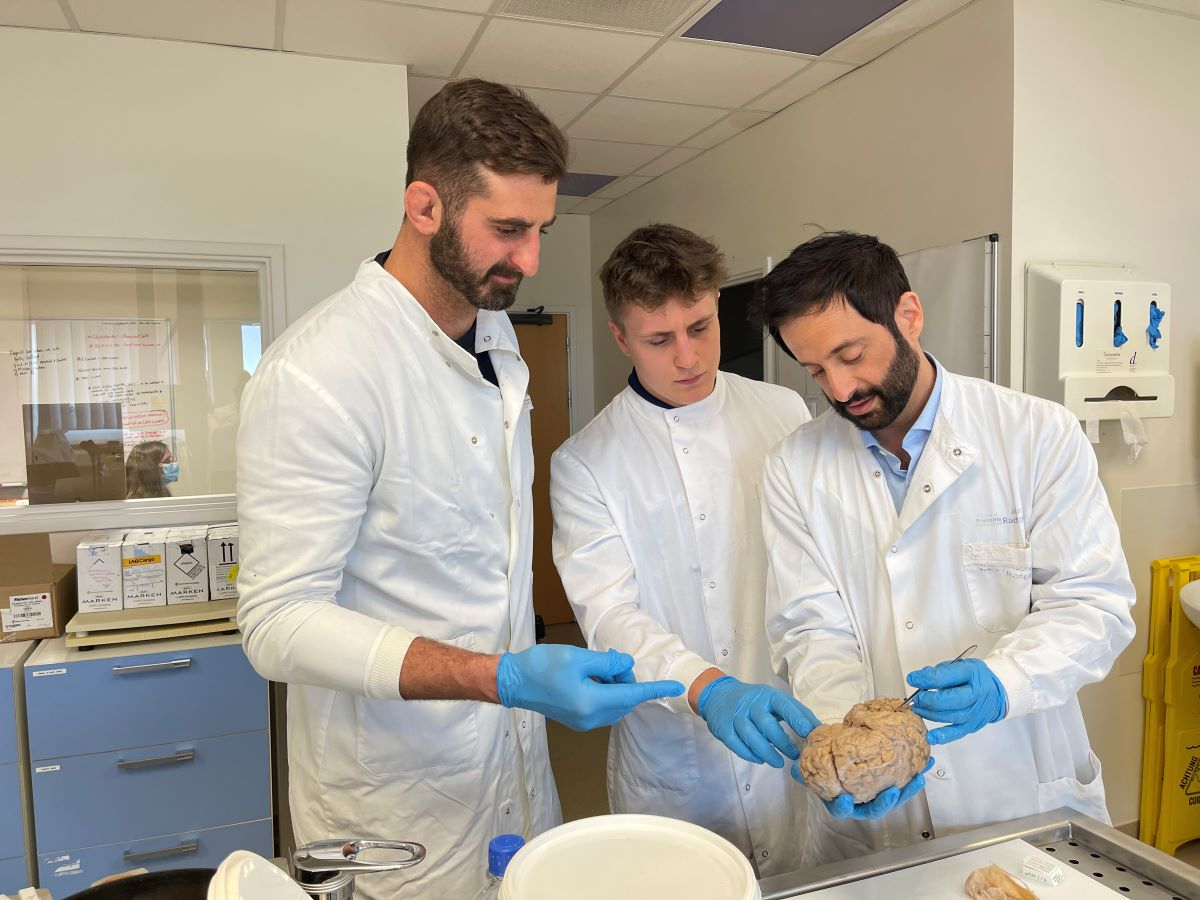Oxford University Rugby Football Club Men’s team pledges brains to CTE Research at Concussion Legacy Project
Contact: Adam White, PhD, +44(0) 7375 640772, awhite@concussionfoundation.org
(Oxford, UK) Ahead of the 150th anniversary of the annual varsity match between Oxford and Cambridge at Twickenham, the Oxford University Men’s team have pledged to donate their brains to the Concussion Legacy Project for research on Chronic Traumatic Encephalopathy (CTE) and other consequences of brain trauma in contact sport.

Awareness of the dangers posed by concussion and repetitive head impacts in sport has been heightened recently by the growing number of former players diagnosed with dementia and other neurodegenerative diseases. Launched in September 2021, the Concussion Legacy Project is a brain bank formed through a partnership between the Concussion Legacy Foundation UK (CLF UK) and the Jeff Astle Foundation (JAF), and under the leadership of Dr. Gabriele DeLuca of Oxford Medical School with the aim of advancing CTE prevention and treatment of CTE.
Rugby World Cup winner and ex-Lion, Steve Thompson MBE became the first professional athlete to pledge his brain to the Concussion Legacy Project in September and now a new generation of players are following his lead. Men’s Blues captain, Louis Jackson said:
"As rugby players and scholars, our long-term brain health is a source of constant attention and concern. Any science that can help us understand the long-term effects of our participation in contact sport is of critical importance. When the opportunity arose to create a partnership between the players of Oxford University Rugby Football Club and the Concussion Legacy Foundation, we were thrilled to get involved.”
Blues and US National Team player Nick Civetta, who is also Chairman of the United States Rugby Players Association, added:
"We are very proud to be able to contribute to cutting edge research in neurodegenerative diseases by pledging our brains to the Concussion Legacy Project. These diseases are best understood through the examination of brain tissue post-mortem, and while we expect to live long and happy lives, we understand the value our brain may hold for discovering the mechanisms behind CTE and possible cures.
I have seen first-hand the crippling effect that head injuries can have. As a sport, we need to ensure that we are always taking our brain health seriously. To be involved with an organisation like CLF, to me, means contributing to cutting edge science focused on understanding the effects of head trauma on the brain and on our mental health. I am very proud to be involved in this partnership”.
“We have a goal of finding a cure for CTE by 2040 and to do that we need accelerate the research by looking at more brains now,” said Dr. Adam White, the Executive Director of the Concussion Legacy Foundation UK. “Donating your brain is a tremendous gift and we hope the leadership shown by Nick Civetta, Louis Jackson and the rest of the Blue’s varsity team will inspire others to come forward and participate in both brain bank and clinical research. If the athletes of today participate in research, we can have a cure for CTE within their lifetime.”

CLF UK encourages all athletes and military Veterans to pledge to donate their brains to CTE research at PledgeMyBrain.org.